January 31, 2019
Third of employers now offer agile working and this is set to rise
 Just over a third of employers now have an agile working policy, claims Aon’s Benefits and Trends Survey 2019 (registration required), with 98 percent of respondents saying employees now expect more flexible working hours and 89 percent saying staff expect agile/home working to be available. While currently a third (36 percent) of employers have agile working policies in place, where business requirements allow, Aon expects this to increase in popularity. Almost one-third of respondents do not know how many requests have been made for flexible working, but among the rest of the respondents, it is common for around 20 percent of employees to make a request. (more…)
Just over a third of employers now have an agile working policy, claims Aon’s Benefits and Trends Survey 2019 (registration required), with 98 percent of respondents saying employees now expect more flexible working hours and 89 percent saying staff expect agile/home working to be available. While currently a third (36 percent) of employers have agile working policies in place, where business requirements allow, Aon expects this to increase in popularity. Almost one-third of respondents do not know how many requests have been made for flexible working, but among the rest of the respondents, it is common for around 20 percent of employees to make a request. (more…)








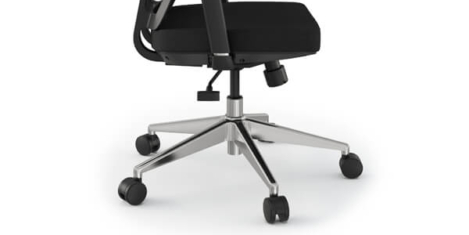
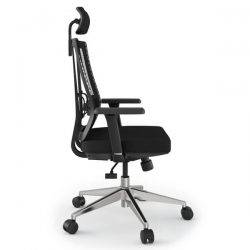
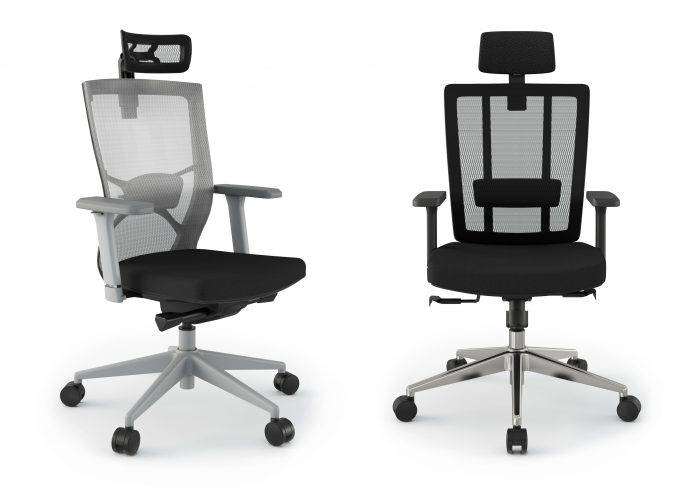
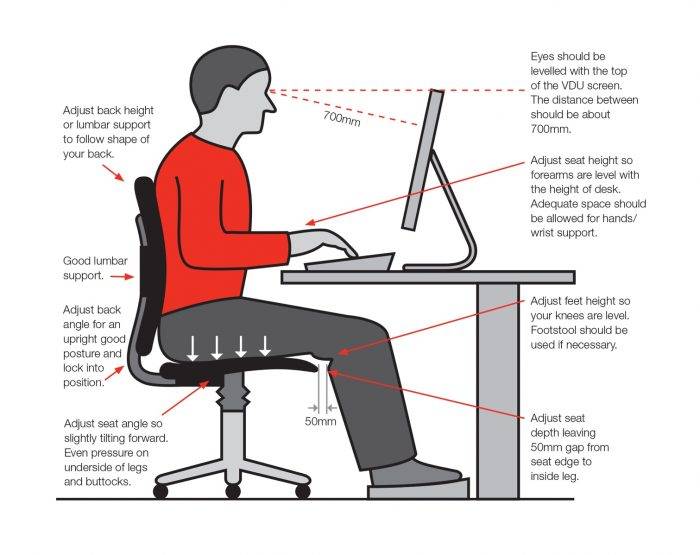














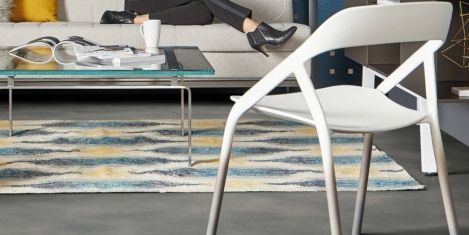












January 25, 2019
The state of the workplace right now? Everywhere and nowhere, baby 0
by Paul Carder • Comment, Facilities management, Features, Premium Content, Property, Workplace design
(more…)